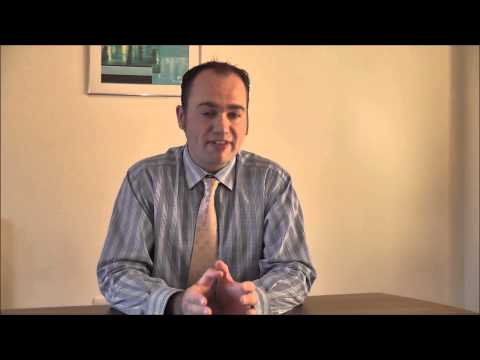The different types of Individual Voluntary Arrangements (IVA)
What type of Individual Voluntary Arrangement is right for you?
In 1986 the government introduced into law the concept of an Individual Voluntary Arrangement (IVA). There are different types of IVA or Individual Voluntary Arrangement proposals.
Individual Voluntary Arrangement's were introduced so as to give individuals a better opportunity of reaching an agreement with creditors whereby those creditors received just a percentage in the pound as full and final settlement .
There is no set percentage of a certain pence in the pound - It all depends on your personal circumstances and what it is possible for you to offer.. Every Individual Voluntary Arrangement proposal is different. To show how different you may wish to read the three following case studies which are each fundamentally different types of Individual Voluntary Arrangement:
These three case studies are not exhaustive . There are many different types of Individual Voluntary Arrangement.
If you are interested in an Individual Voluntary Arrangement you may wish to read:
In order for creditors to accept an IVA, the proposal would have to demonstrate to the creditors that they would receive more benefit and a higher dividend than should the alternative of bankruptcy occur.
Bankruptcies currently run for one year, but income payments orders in bankruptcy can last three years - so creditors would normally expect an Individual Voluntary Arrangement to run for a slightly longer period of say 4 or 5 years.
For some individuals, a bankruptcy may therefore be a better option than an income based Individual Voluntary Arrangement.
From the 1st April 2004 a new type of voluntary arrangement became available to undischarged bankrupts. This type of IVA is called a "Fast-Track" IVA.
A fast-track IVA is one which is proposed by the individual, not through a private sector insolvency practitioner but instead, through the Official Receiver. (The proposal document may be prepared by a private sector practitioner but would then be passed to the Official Receiver for his consideration).
A fast-track IVA has the following advantages:
- creditors are not allowed to "modify" the proposal when the proposal is considered at a creditors meeting. In other words the creditors can vote either "yes" or "no". Creditors cannot seek to change the proposal in any way. Creditors cannot, therefore seek to:
- increase the proposed term of the IVA or
- increase the sums payable under the IVA
- the "requisite majority" to approve the proposal has a relaxed percentage requirement.
- If approved it will lead to the annulment of the bankruptcy.
The primary disadvantage of a fast-track Individual Voluntary Arrangement is that you already have to be subject to a bankruptcy order before you can propose such an arrangement. For this reason it is thought that not many "fast-track" Individual Voluntary Arrangements will actually be proposed.
Remember - there are at least four different types of individual voluntary arrangement - which, if any, is suitable for you?
Would you like us to give you a call?
Fill in the form and we'll give you a call as soon as we can to discuss your needs in a free initial consultation with a Licensed Insolvency Practitioner. Alternatively give us a call on 01326 340579 if there is an urgency to your needs.
The information provided will be used solely to contact you and any information you provide will be held in accordance with our firm's privacy policy, and not used for marketing purposes.







